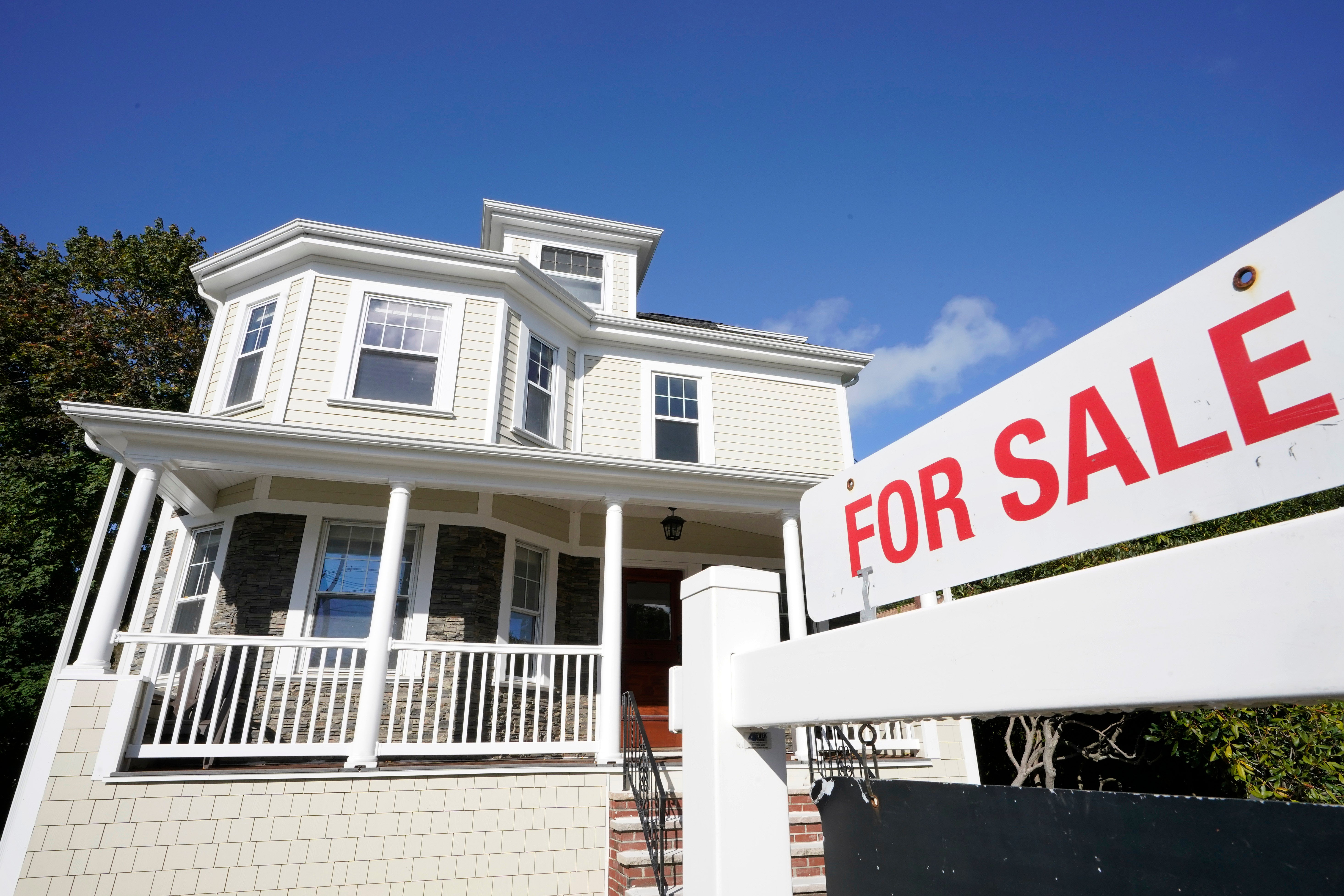US long-term mortgage rates rise; 30-year at 2.84%
U.S. long-term mortgage rates rose this week

Your support helps us to tell the story
From reproductive rights to climate change to Big Tech, The Independent is on the ground when the story is developing. Whether it's investigating the financials of Elon Musk's pro-Trump PAC or producing our latest documentary, 'The A Word', which shines a light on the American women fighting for reproductive rights, we know how important it is to parse out the facts from the messaging.
At such a critical moment in US history, we need reporters on the ground. Your donation allows us to keep sending journalists to speak to both sides of the story.
The Independent is trusted by Americans across the entire political spectrum. And unlike many other quality news outlets, we choose not to lock Americans out of our reporting and analysis with paywalls. We believe quality journalism should be available to everyone, paid for by those who can afford it.
Your support makes all the difference.U.S. long-term mortgage rates rose this week. They remain at historically low levels, now around a percentage point below a year ago.
Mortgage buyer Freddie Mac reported Thursday that the average rate on the 30-year benchmark loan increased to 2.84% from 2.78% from last week. By contrast, the rate averaged 3.75% a year ago.
The average rate on the 15-year fixed-rate mortgage edged up to 2.34% from 2.32%.
Breaking their downward trend through most of this year, mortgage rates were bolstered by the news Monday that a COVID-19 vaccine may be 90% effective, based on early and incomplete test results.
The vaccine announcement came two days after Joe Biden became president-elect upon defeating President Donald Trump by crossing the winning threshold of 270 Electoral College votes with a win in Pennsylvania.
The historically low borrowing rates have bolstered demand from prospective homebuyers. Demand for homes has remained strong despite a brief slowdown in the early days of the coronavirus pandemic, but at the same time the rise in home prices has stretched the limits of affordability for many would-be buyers.
The government reported Thursday that the number of Americans seeking unemployment benefits fell last week to 709,000, a still-high level but the lowest figure since March and a further sign that the job market might be slowly healing.